By Tosin Clegg
From his base in Lagos, Nigerian engineer Daniel Arikawe has built systems that connect African businesses to the global economy in ways that were once considered out of reach. His career has taken him into boardroom conversations in San Francisco, code review sessions with teams across Africa, and strategy calls with founders in Europe, yet his focus remains on solving problems that matter to Nigeria’s digital future.
As Engineering Lead at Crowdr, he spearheaded Nigeria’s first crowdfunding platform to integrate Apple Pay. The result was immediate and transformative. “We saw a 952.5 percent revenue increase in just six months,” he recalls. “It was not just another payment method. It was a direct bridge between Nigerians abroad and the causes they care about at home.”
That bridge matters. Nigeria received $20.1 billion in diaspora remittances in 2022 according to the Central Bank of Nigeria. Yet most of that money still moves through traditional channels, incurring high fees and delays. By building a system that enabled instant, secure, multi-currency donations from anywhere, Arikawe demonstrated how technology can unlock far greater volumes of diaspora capital for social causes and businesses.
His work extends beyond payments. At Strata, he developed an AI-powered reconciliation platform now used by corporate giants like MTN and Flutterwave to process millions of transactions accurately and at speed. At Afropolitan, he built Afropass, a ticketing and membership platform that has processed over 104,000 dollars in revenue and connected more than 11,000 users worldwide. These platforms are not just profitable. They are case studies in how Nigerian engineers are producing globally competitive, exportable fintech solutions.
For Arikawe, the opportunities are clear, but so are the roadblocks. “We still face fragmented regulations, payment systems that do not integrate, and security frameworks that either lag behind or overcompensate,” he says. “Nigeria could lead the continent in cross-border digital finance if we invest in the infrastructure and regulatory clarity to make it seamless.”
He envisions a future where a Lagos-based startup can onboard a customer in London as easily as one in Abuja, with instant settlement, predictable compliance requirements, and zero manual reconciliation. It is a vision that depends on public–private cooperation, harmonised payment standards, and an innovation-friendly policy environment.
“The tools exist and the talent is here,” Arikawe says. “What we need now is the will to connect the dots. The faster we lay those rails, the faster Nigeria can become the hub for Africa’s global fintech economy.”



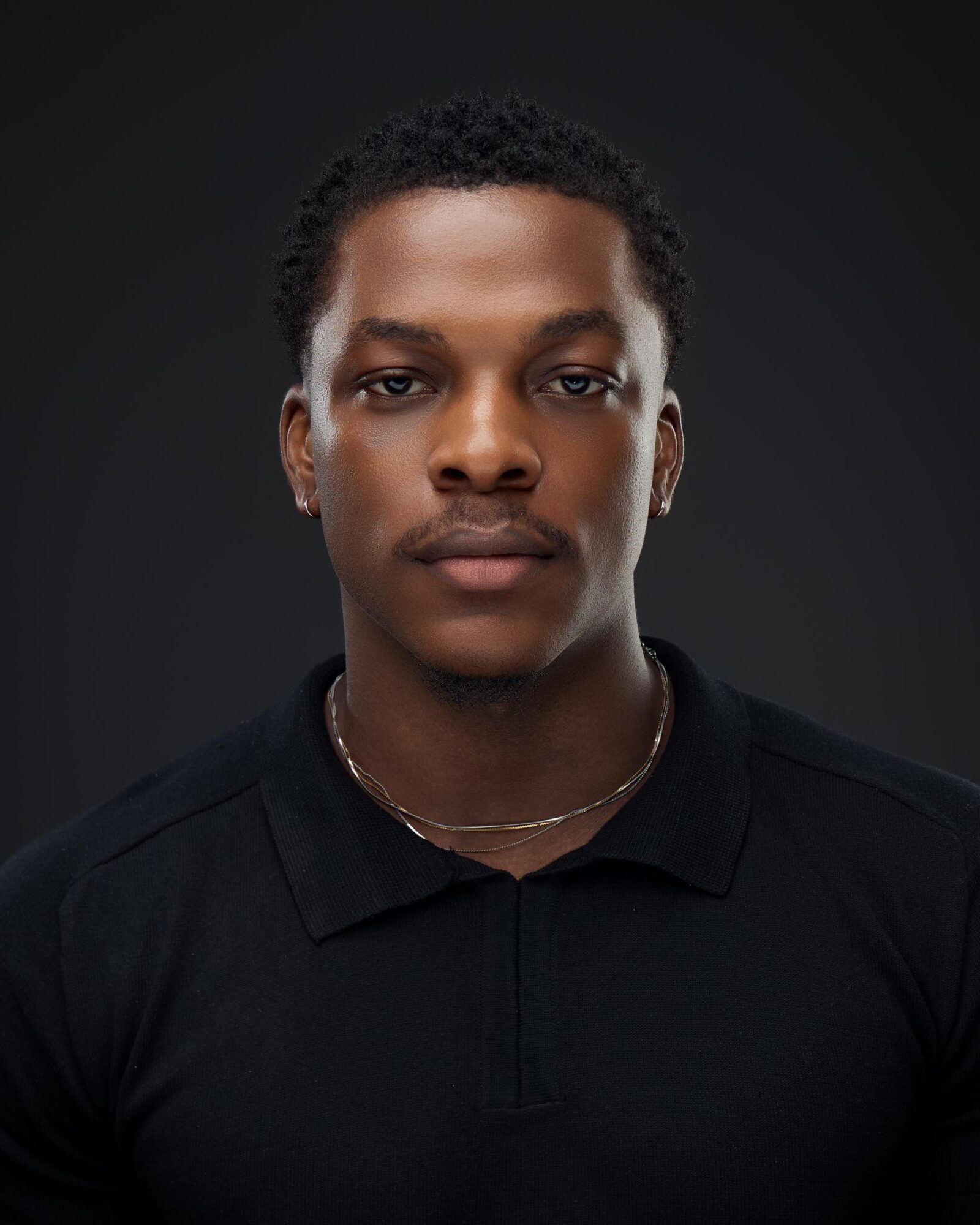
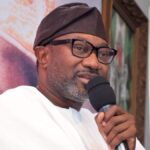

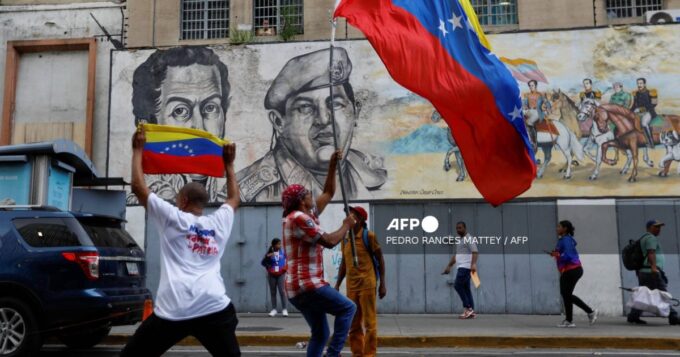

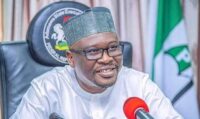

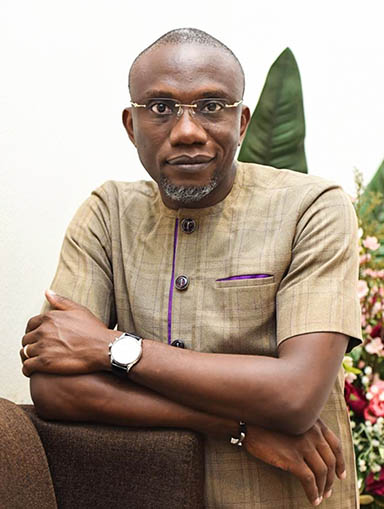

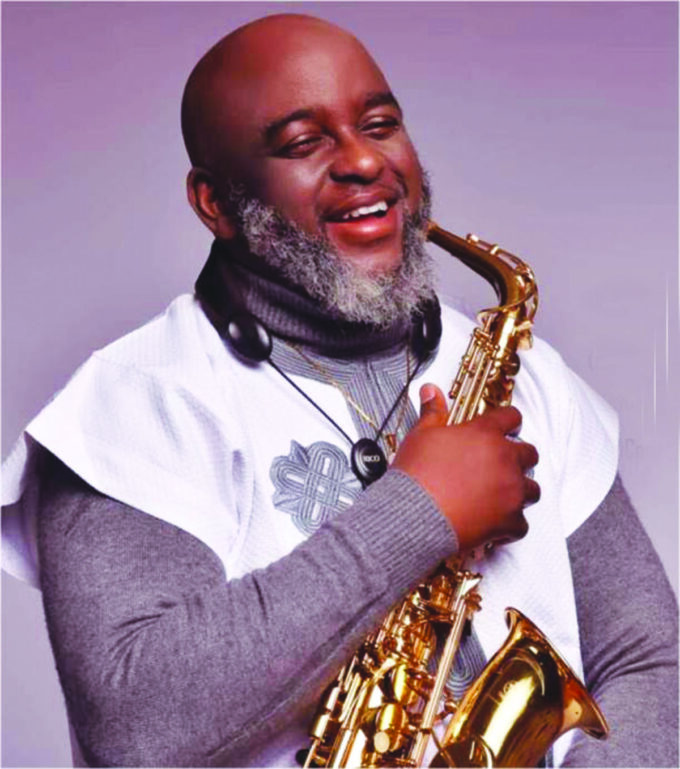


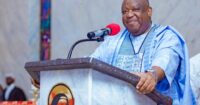
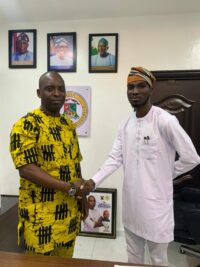

Leave a comment